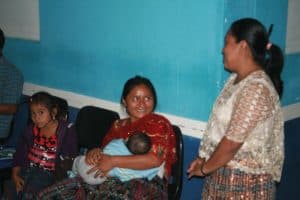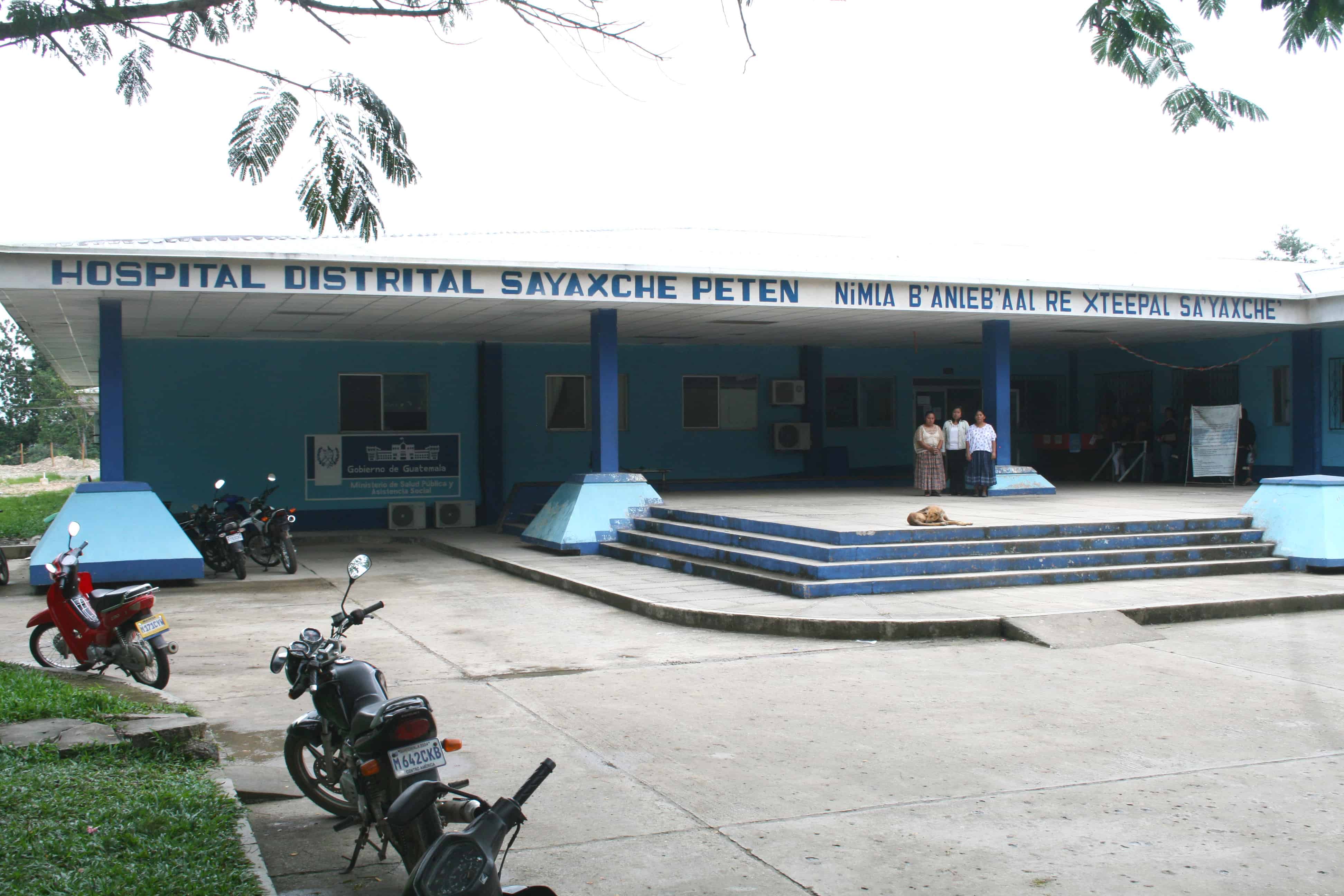PETÉN, Guatemala – For much of Guatemala’s monolingual Mayan population, the ability to access medical attention is often impeded by their inability to speak Spanish. The right to adequate health care without discrimination is enshrined in their country’s constitution; however, since hospitals work only in Spanish, indigenous people often are marginalized and restricted from obtaining basic treatment due to their vernacular.
In the town of Sayaxché, Petén, 374 kilometers north of the capital, 72 percent of the surrounding communities speak Q’eqchi’, but there are no Q’eqchi’ doctors at the hospital. In 2012, a study by a local nongovernmental organization proved that the government of Guatemala had violated the right to health of Q’eqchi’ patients by neglecting its responsibility to offer them hospital attention respectful of language and culture. The report showed there was limited access to information or services in Q’eqchi’, waiting time was longer for Q’eqchi’ women, and a lack of cultural understanding existed between Q’eqchi’ patients and doctors, which put lives at risk.
Sick patients preferred to stay at home rather than be subjected to long waits and poor treatment from doctors they didn’t understand, and midwives, an important part of Mayan culture, were forbidden from accompanying their patients into the maternity ward if they didn’t speak Spanish. This caused many pregnant women to opt for home births, which increased the likelihood of maternal mortalities.
As a result of the study, the local Community Health Commission, which had been campaigning for years to urge Sayaxché Hospital to cater to the monolingual Q’eqchi’ community, took their fight to Guatemala’s Health Ministry and organized a small protest outside the hospital.
Finally, three years after the commission’s initial complaint, a new director was instated, bilingual signs were installed, six translators were hired, more Q’eqchi’ staff were employed and midwives were allowed to accompany their patients into the maternity ward – regardless of what language they spoke.

Until last year, Alejandrina Chen was the only translator at the hospital, charged with facilitating all communication between doctors and Q’eqchi’-speaking patients, across all departments. Now she has been joined by a team of six others and says it has transformed the hospital for the surrounding communities.
“The people who came from villages and weren’t able to speak Spanish would go back home because they couldn’t communicate with the doctors. Now the majority of patients from the villages are served correctly because we are here helping them. Before, they were afraid to come,” Chen said.
On average, each month 900 monolingual Q’eqchi’ benefit from the translators’ services, and demand from the Q’eqchi’ population is growing as word spreads of the bilingual treatment on offer.
“When there are no translators it’s difficult because we don’t understand the doctors. When there are translators it’s easy because we can talk to them,” Miguel Caal Pop, an agricultural worker, said via a translator.
As well as assisting conversations between doctors and patients, the translators also ease the language barrier by explaining prescriptions, outlining the course of treatment and accompanying patients to purchase medicine.
Isabel Choc Choc has visited Sayaxché Hospital on numerous occasions. She says she keeps coming back because of the service she receives.
“If there weren’t any translators here I would have had to bring someone from my family. Now I don’t have to and I feel happy. They explain things to you so that you’re informed,” she said.
Locals say the hospital used to be like a private clinic, but the integration of Q’eqchi’ has been so successful over the past year that it now feels like a national hospital, and there are plans to implement similar services in two other municipalities in Petén.
“The hiring of Maya Q’eqchi’ translators at Sayaxché Public Hospital represents a significant improvement in the health service for the population of this municipality, but especially for indigenous women,” said Laura Hurtado, country director for ActionAid Guatemala, which supported Sayaxché’s local Community Health Commission. “ActionAid Guatemala will continue collaborating on the empowerment of excluded people who live in poverty, in order for them to know their rights, assume them as their own and demand that the state fulfills them.”





